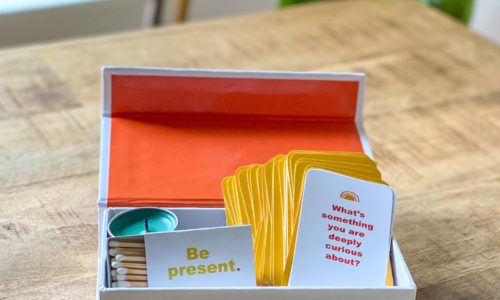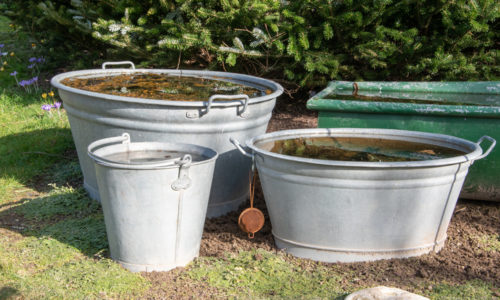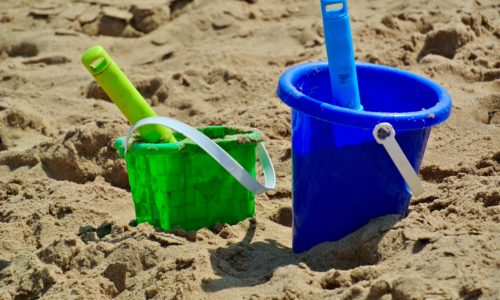Being a parent of a child on his or her own Hero’s Journey is challenging at times. When it seems that something isn’t going well or you just don’t understand what is going on, return to these beliefs for illumination and inspiration – especially since many contradict the basic beliefs of most traditional schools.
1. Everyone who walks in the door is a genius who deserves a Hero’s Journey.
Every student, parent, guide, and visitor who walks in our doors is a genius, with special gifts, worthy of a Hero’s Journey that will change the world. Not every person will choose a Hero’s Journey, and the journeys will come in all shapes and sizes and colors and flavors, but every person is capable and deserving of one. Young heroes immediately detect adults who do not believe in them.
2. Let learners choose.
“Teaching” and “learning” are only loosely related, somewhat like “talking” and “understanding.” The key to learning is finding out what motivates the learner, and giving the learner the freedom to choose what challenges to take on next is one of the most powerful motivators. We allow young heroes the freedom to choose, and the responsibility to choose wisely or suffer the consequences. Likewise with parents and Guides.
The job of a Guide is to propose a journey, with a “grail” at the end, challenges along the way, and rules everyone agrees to respect – and then to invite young heroes to play.
3. Protect, lift up, and inspire the community.
If you have exciting quests, committed participants and clear cultural boundaries that create a safe and inspiring place for learning, exponential learning will occur. When in doubt, we protect the learning community. Young heroes care more about being part of a vibrant community of caring friends than anything else. If being a part of the community is fun, young heroes will be willing to work very hard and take great risks.
We take the time to develop and reinforce cultural norms and celebrate and honor powerful rituals and symbols. At the same time, we expect an ebb and flow between order and disorder, intentionality and frivolity, and caring and dysfunctional behavior; and are prepared to offer questions that let the individual members of the community sort out their issues, make corrections, and set new guidelines to get back on track.
The family unit is as powerful as a peer learning community. If the curiosity and dedication of parents is reawakened and inspired, the children will follow. This is why supporting and encouraging parents to become lifelong learners is an important part of our mission.
4. A clear credo, rules of engagement and personal covenants crafted by participants lead to a strong learning community.
Nothing develops a powerful learning community faster than explicit agreements between individuals and the group that allow participants to experiment within reasonable constraints, set and enforced by the community. When the standards of the community flag, as they will, we use these commitments to ask members if they want to lower standards or recommit themselves to satisfying them.
5. Feedback is critical, even if it sometimes hurts.
Every week, we ask the young heroes and parents we have chosen to serve to rate the week on a 1-5 scale and share the results with the community. The only comments that should be out of bounds are those that personally criticize a young hero or a parent.
In the studios, we take votes often and ask what is working and what isn’t, with a focus on process. We always ask the young heroes for suggestions; most of the time they know best.
Our Eagles learn well to give and receive feedback. They learn the art of layering warm and cool feedback in order to guide others towards excellence.
6. Questions are far more important than answers.
The foundation of deep learning is learning to ask hard questions and make difficult choices. A Guide should never answer a question. Ever. We allow young heroes the privilege of figuring it out for themselves.
This is why we have an overarching question for the year, a timeless question for a Hero’s Journey like: “Does power corrupt?” or “Does the past determine the future?” or “What motivates a hero?”
The overarching question helps to put all other questions in perspective. It also helps to develop diagnostic frameworks for different subjects and situations, so that asking the right questions, in the right order, becomes a deeply imbedded habit.
Traditional homework tests for the right answers and is antithetical to Acton beliefs. The goal is to have learners so excited about a question or quest that they insist on continuing to work on it after they return home.
7. The best Guide for a Young Hero is a Fellow Traveler.
A Guide’s job is to ask difficult questions. Adults also can act as role models (positively and negatively.) But the most powerful learning is always peer-to-peer. The power of a multi-age classroom with self-paced challenges is that there is almost always a peer capable of challenging and guiding another peer (plus, unhelpful competitive comparisons are harder to make.)
The most powerful, transformative and efficient learning community would be run entirely by young heroes, with one adult on-site for emergencies. Every day, in every way, the learning community should be working towards this ideal.
The most valuable Guide slot is an Apprentice Guide position, and no Apprentice Guide should be hired or retained who is not aspiring to and capable of creating his or her own Acton Academy.
8. Fail early, cheaply and often.
The goal is not to produce young people who are “successful.” The goal is to equip and inspire young heroes who succeed and fail. In other words, curiosity should always trump false pride and faux prestige. A hero is not someone who succeeds, but someone who always gets back up and tries again. Failures can and should sting at times; but the courage to try again should always be celebrated.
Grades pit one young person against another, with an arbitrary standard. A far better measure is a world-class example (often chosen by the community); a set of criteria (often developed by the community) and the question: “Is that the best you can do?” Progress can be measured by “badges” that celebrate important milestones.
9. Powerful quests have a map, a destination and mileposts.
Each day, we provide our young heroes with a visual map of the most important quests. We show the destination – and examples of world-class work and criteria. Mileposts with deliverables, examples, and deadlines are included in the map. Before long, young heroes will be able to create their own quests.
10. Learn to Do first, Learn to Be next, and Learn to Know naturally will follow.
Real-world consequences and authentic relationships trump academic concerns every time at Acton Academy. Traditional schools want students to absorb and regurgitate information. This makes no sense in a world with Google and Wikipedia. At Acton, we first lay out a worthy real-world challenge, and then challenge young heroes to stretch and struggle to accomplish something useful, especially if it develops 21st century skills. Through the courage to try new challenges and ask penetrating questions, young heroes will “Learn to Be” and grow on their heroes’ journeys.
If Learn to Do and Learn to Be challenges are set up correctly, young heroes will absorb amazing amounts of Learn to Know information, in context, in a way they can use and won’t soon forget.


